Welcome to
South Korea
Welcome to
South Korea
Split by a hair-trigger border, the Korean Peninsula offers the traveller a dazzling range of experiences, beautiful landscapes and 5000 years of culture and history
The Korean Peninsula offers the traveller a dazzling range of experiences, beautiful landscapes and 5000 years of culture and history
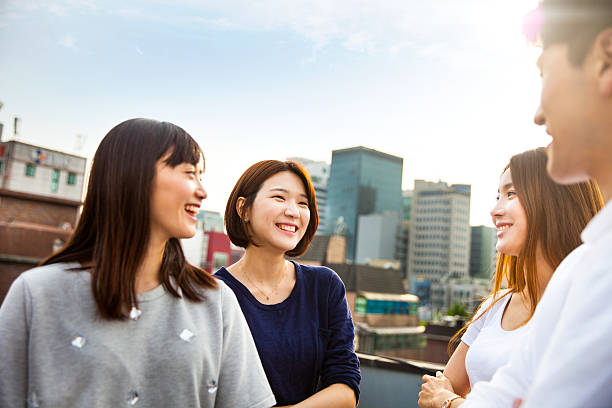
Hospitality
Decorum plays a major role in Korean people’s generosity to outsiders, and their instinctive graciousness possesses a highly endearing quality. Helpfulness abounds, whether it’s at a tourist office, asking someone for directions or finding yourself deep in a conversation with a stranger. Time-honoured Confucian principles have set a template for strong civic pride in a society that is introspective, perhaps, but also decorous and affirmative. You may pass glorious landscapes and gaze out across dazzling seas but don't forget, half of your travel journey will be about the people, and the Korean tribe are a joy to be among.
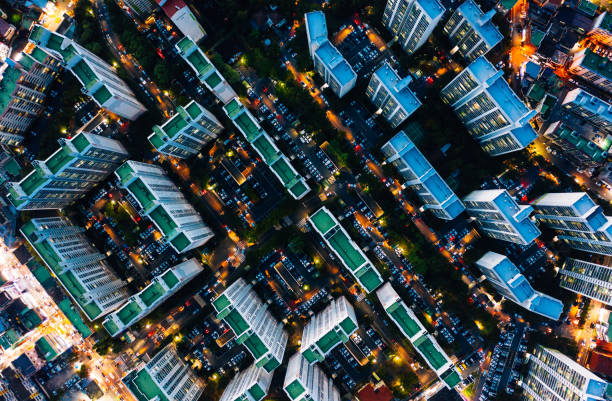
Urban Buzz
Korea might be known as the Land of the Morning Calm, but dive into its capital Seoul, the powerhouse of Asia’s third-largest economy, and serenity may be the last thing you’ll perceive. This round-the-clock city is constantly in motion, with a work-hard, play-hard mentality that epitomises the nation’s indefatigable, can-do spirit. You can hardly turn a corner without stumbling across a helpful tourist information booth, a bustling subway station or a taxi in this multifaceted metropolis where meticulously reconstructed palaces rub shoulders with teeming night markets and dramatically modern architecture.
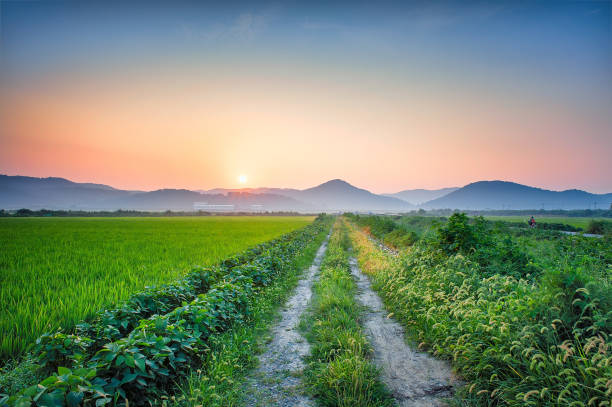
Idyllic Countryside
Countryside
South Korea’s compact size and superb transport infrastructure mean that tranquillity is always within easy reach of urban sprawl. Hike to the summits of craggy mountains – some of which transform into ski slopes come winter – enveloped within densely forested national parks. Get further off the beaten path than you thought possible by sailing to remote islands, where farming and fishing folk welcome you into their homes or simple seafood cafes. Gaze up at the distant stars from serene villages surrounded by rice fields, sleeping in rustic hanok (traditional wooden house) guesthouses.
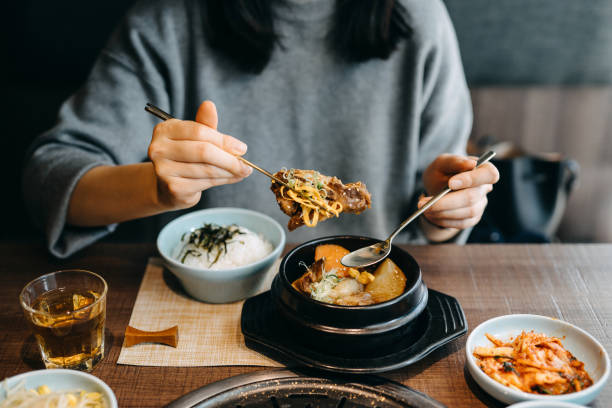
Festivals & Food
Food
Rest assured the ROK also knows how to rock. A packed calendar of festivals and events means there’s almost always a celebration of some sort to attend wherever you are – it might be Boryeong for its mud fest, or Gwangju for its Biennale or its annual salute to that most Korean of foods: kimchi. Koreans are proud of their culinary culture and rightly so – there's a tantalising array of dishes, flavours, aromas and textures in the local cuisine, to be washed down with plenty of toasting involving a head-spinning array of alcoholic concoctions.

Hospitality
Decorum plays a major role in Korean people’s generosity to outsiders, and their instinctive graciousness possesses a highly endearing quality.

Urban Buzz
This round-the-clock city is constantly in motion, with a work-hard, play-hard mentality that epitomises the nation’s indefatigable, can-do spirit. You can hardly turn a corner without stumbling across this multifaceted metropolis where meticulously reconstructed palaces rub shoulders with teeming night markets and dramatically modern architecture.

Idyllic Countryside
Hike to the summits of craggy mountains – some of which transform into ski slopes come winter – enveloped within densely forested national parks. Get further off the beaten path than you thought possible by sailing to remote islands, where farming and fishing folk welcome you into their homes or simple seafood cafes.

Festivals & Food
Koreans are proud of their culinary culture and rightly so – there's a tantalising array of dishes, flavours, aromas and textures in the local cuisine, to be washed down with plenty of toasting involving a head-spinning array of alcoholic concoctions.
Highlights
Highlights
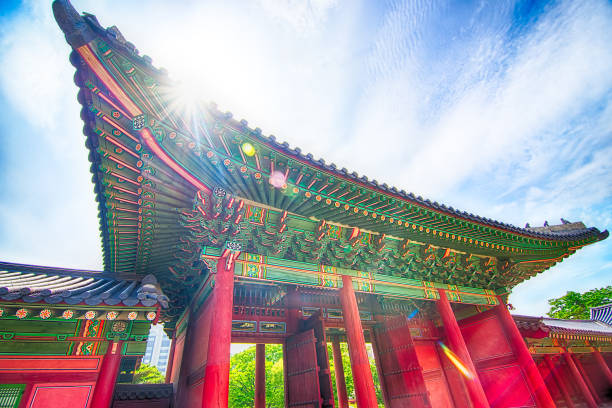
Changdeokgung
The 'Palace of Illustrious Virtue' was built in the early 15th century, these days this Unesco World Heritage-listed property exceeds Gyeongbukgung in beauty and grace-partly because so many of its buildings were actually lived in by members of the royal family well into the 20th century. The most charming section is the Huwon, a 'secret garden' that is a royal horticultural idyll. Book ahead to snag the limited tickets to view this palace on a moonlight tour.
Gwandhwamun & Jongno-gu
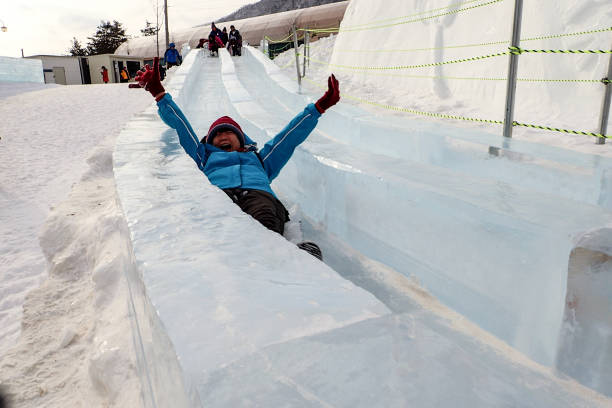
Winter Sports
They say the third time's a charm, and so Pyeongchang won the chance to host the Winter Olympics with its third bid. In 2018 the Games were held at the Alpensia and Yongpyong ski resorts, as well as the Gangneung costal area. Located near each other, Alpensia and Yongpyeong have dozens of runs, including slopes for families and beginners, views of the East Sea/Sea of Japan on clear days and some new and first-rate accommodation and leisure facilities.
Pyeongchang
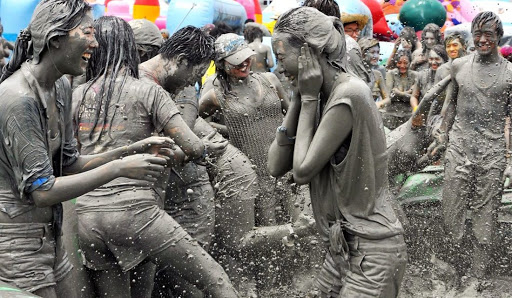
Boryeong Mud Festival
Every July, thousands of people converge on the welcoming seaside town of Boryeong and proceed to jump into gigantic vats of mud. The official line is that the local mud had restorative properties, but one look around and it's clear that no one really cares expect for having a slippery, slothin', messy good time. This foreigner-friendly and high-profile festival also features concerts, raves and fireworks. A tip: don't wear anything you want to keep!
Boryeong
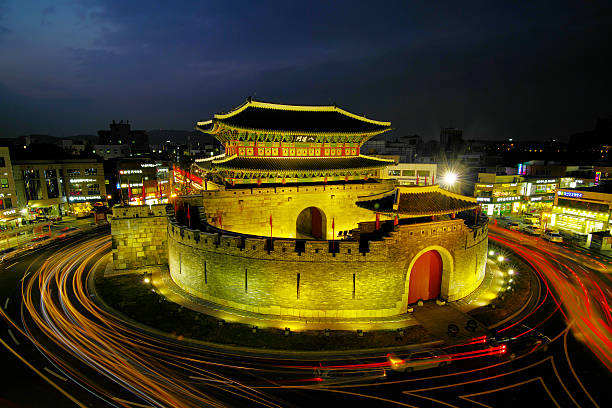
Hwaseong Fortress
Built as an act of filial devotion and heavily damaged during the colonization period of the early 20th century and again in the Korean War, the restoration of this Unesco World Heritage site began in the 1970s and is now almost finished. A detailed 1801 record of its construction has allowed the 5.52km-long wall and the Hwaseong Haenggung (a palace for the king to stay in during his visits to Suwon) to be rebuilt with great historical accuracy.
Suwon